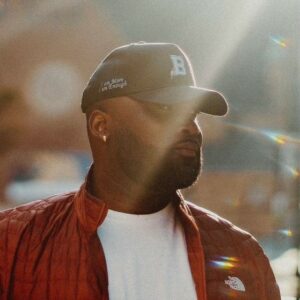
Today we’d like to introduce you to Anthony M. Wiley, Jr.
Anthony, we appreciate you taking the time to share your story with us today. Where does your story begin?
Welcome to Today! Thank you for this opportunity. When I was preparing for this interview, I went back and forth about how vulnerable and transparent I would be in my answers. But, I’m of a faith tradition and practice that affirms that the truth shall set us free in so many words. It’s 2017, a little after my 25th birthday when I was crawling my way through a quarter-life crisis. It was a period of significant transitions. I had just been honorably discharged from the Navy, grappling with the reality of divorcing my daughter’s mom, confronting trauma, and sitting under the weight of my own choices. It was a little after 8:00 pm, and I had just started a four-hour drive to Austell, GA, from Jacksonville, FL. Kendrick Lamar has just released DAMN, and I was excited that I’d have uninterrupted time to listen. I get through the first four songs, and then “FEEL.” starts to play. The song carried me through my entire trip. I put it on replay, drove, and cried the whole way. I met myself on the road to GA. I had time to process all of the experiences, events, and choices that led me to that particular drive.
After receiving inspiration to be vulnerable in this interview, I sat down to meditate to work through some anxiety. I received a revelation during my sit: “I am not who my experiences say I should be. I am who God says that I am.”
As it goes, the sun was in Virgo, and the moon was in Taurus. Although I was due in September, the stars and planets had aligned in the last days of Summer in 1991, and on August 30, I was born—spending nearly a month in NICU. My mom, Kay, was a single mother, sometimes working multiple jobs to provide for my older brother Marvin and me. We have different dads. Although we’ve lived in the same city for most of my life, my dad was still absent. The few memories I have of him consist of abuse and drugs. On the darkest days of my childhood, I remember being in the Wheeler Home projects at my grandmother’s house, asking myself why my biological father was so mean to me and why he would lock me in dark rooms when he was mad with my mom. But because of Grandma Dorothy and my mama, the good days were far greater in number than the bad. On those days, I’d be with my cousins in Boone Height, starting and finding all kinds of innocent trouble. We’d leave the Boys Club to play in the creek and find tadpoles. The best days were in the summer when the Crips would turn on the fire hydrants for the kids to play in and stay cool. The fire department would come and turn them off, but the OGs would turn them on again when they left. I can still hear the lullabies of screeching trains behind the projects and cicadas singing me to sleep. Those were the days I’d imagined we existed in a tv show, and those Beings from Genesis 1:26 were watching us on their tiny black screens.
I can remember from an early age being an overactive thinker and a serial daydreamer. Having three degrees and currently working on her doctorate, my mom has always emphasized the importance of education and demanded that we do everything in our power not to become a statistic. Sadly, no one escapes the treacherous terrain of a broken family unscathed, and early childhood trauma began affecting my academic life. I was diagnosed with attention deficit hyperactivity disorder (ADHD) when I was 6-years old and placed on medication. My mom didn’t like who the drug made me and took me off it. She was the first person to work with me on managing my impulses and practicing self-control. I went to “inner-city schools” like Mary Ann Garber, Clifton Hills, Barger Academy for pre-school and elementary, and at that time, there was no such thing as being trauma-informed. But, I had a mother determined not to let her boy become a statistic. In 5th grade, I was reading on an 8th-grade level, my behavior had changed for the better, and I received the “Most Improved” award at our promotion. By the time I was in high school, I no longer got in trouble for grades, only for being the class clown. My mom made sure to keep my brother and me surrounded by black men that could teach us the things she couldn’t—shoutout to Joseph E. Durrah, Jr. (Pops), Carlos Hampton (my godbrother), Mr. Rashaad Williams, and Mr. Elias Smith. When I graduated from Tyner Academy in 2009, I was the president of Kappa League, drum major and student arranger for the Tyner Pride Marching Band, and on my to Alabama State University on a music scholarship.
When I left for college at 17, I was unprepared. I had the arrogance of a musical prodigy but the discipline and emotional intelligence of a 6-year old. I didn’t know anything about healing my inner child then, and I damn sure didn’t realize that the world wasn’t ending just because a relationship did. That inability to process pain led me to my first suicide attempt and eventual flunking out of college. Until that point, sociology and psychology had a lot to say about how my experiences would shape my life outcome. I came back to Chattanooga in 2010, working small jobs and playing for churches to keep a little money in my pocket. I went back to school in 2011 but got my first refund check and stopped going to class. Then in 2012, my girlfriend, who is my ex-wife, and I found out we were about to have a daughter. I was a picker at an Amazon warehouse at the time, and I knew then that that was not the work God had planned for me. So, I did what most brothas do when school ain’t working out, and they can’t sell drugs, play ball, or rap.
I joined the military. The day after I graduated from boot camp, I became a father. My daughter was born 5 lbs, 9 oz at 5:40 am on May 11, 2013. I served eight years—four on active duty and four in the reserves. After three deployments, two of which were overseas, I received two Navy and Marine Corps Achievement Medals, the Coast Guard Expeditionary Medal, and the Global War on Terrorism Expeditionary Medal. In 2015, I got curious and started asking questions. These questions led me on a journey of self-discovery. I was excavating the parts of me I thought had died long ago.
I started reading bell hooks, which helped me give language to the pain that I didn’t know how to feel. I mustered enough courage to go to therapy to learn to feel something other than rage and anger again. I started practicing yoga and mindfulness meditation to unify the body, breath, and mind with compassionate, non-judgmental awareness. While on active duty, I wrote about my experiences in a white-male-dominated institution during the height of the Black Lives Matter movement and was published in the anthology, Why Black Lives Matter (Too). By the time I left active duty in 2017, I was single, bald, and wandering. I remember looking in the mirror one day and not realizing who I was or how I had ended up where I was—mindlessly moving through life. Then one day, after years of toxic relationships, trying to escape my past, processing trauma, and judging myself for what I didn’t know, I just stopped. I woke up and went outside. The sun was gleaming off of a pond in the apartment complex where I lived. The birds were singing, and butterflies were dancing around my head. God spoke to me and said, “Welcome to Today.”
We all face challenges, but looking back would you describe it as a relatively smooth road?
The roads we travel are certainly not smooth. They are littered with pitfalls, obstacles, distractions, and setbacks. But, through my practice I’ve learned to travel with ease and grace; doing my best to place my gaze ahead and focus on what the present moment. In this way, I’m learning to be content in all things. When I moved back to Chattanooga in 2018, the more I showed up for my practice, my practice showed up for me. I taught my daughter tools and techniques to control her impulses and work through difficult emotions. I offered meditations and spoke about mindfulness in summer camps and after-school programs. My music production was picking up traction, and that was the stuff I shared on social media. But behind the scenes, I moved back home with my parents. I was making less money, and my car got repossessed. In addition to that, I was in a relationship that would teach me many life lessons about self-love, self-worth, and self-esteem. Amid the difficulties, I kept showing up for practice—sitting, crying, and breathing through the discomfort, writing and sharing my lessons, revelations, and messages to men and boys that looked like me.
Eventually, I’d get a call from a mentor asking me to serve with the Chattanooga Racial Equity Collective and offer mindful meditation as a tool to disrupt and dismantle racism. I’ve found that when you’ve believed a lie or bought into an illusion for the truth can sometimes feel like an attack, so it’s important to develop skills that can help you sit in and move through discomfort until you are able to find acceptance. Then, the executive director of Dynamo Studios offered me to serve as the Director of Mentorship. I get to connect with students that look like and come from the same communities as me. I get to provide them with resources that enable them to make the transition to adulthood successfully and ultimately become productively engaged adult citizens—that are connected to meaningful work, in healthy relationships, and living in healthy environments.
I’m a little black boy from the hood that never stopped using his imagination. God showed me who I was one day, and I’ve been doing the work to become that man.
Can you tell our readers more about what you do and what you think sets you apart from others?
Above all, I serve. I’ve spent most of my adult life in the service of others. I forgot to mention that when I graduated from high school, I received the Citizenship Award. I know it’s just a high school award, but I feel like it’s informed my life’s work. Currently, I serve the students of Chattanooga with Dynamo Studios. The part of my job that I enjoy the most is the privilege of building relationships that are rooted in mutuality, trust, and empathy with our students. I always say, “You can’t correct if you can’t connect!” I also apply that mantra to other work that I do. Whether it’s production, serving as minister of music for my church, or serving my district on the City of Chattanooga’s Police Advisory Review Committee.
What are your plans for the future?
I’m going to become a therapist. Apparently, there’s not enough black male therapists and our boys need to know that there are men in the world with whom they can relate. Men who share the same patriarchal seasoning and racialized feelings but have overcome or are at least working through them.
In the meantime, I am working on an album that’ll be released Spring 2022. “SITTING LOW LOOKING HIGH” It’s a collaborative album of black men. Contemplative, healing, reflective, and meditative through the art of storytelling. Based on the poem “we real cool” by Gwendolyn Brooks and the subsequent book by bell hooks that talks about the struggles of black masculinity, our suffering, and the development of tools to assist in navigating the world. It’ll serve as an outlet for us to activate our imaginations and work them in a way that allows us to envision a world where our dreams, hopes, goals, and aspirations are as real as the things that threaten us. Yeah, it’ll be a deeply spiritual, wholly authentic, and incredibly lit af sonic journey!
Pricing:
- Beats: $250+
- Studio Sessions: $125hr
- Private Meditation Sessions: $75hr
- Mindfulness Classes: $297
- Speaking Engagements: $500+
Contact Info:
- Email: anthony.m.wiley@outlook.com
- Instagram: https://www.instagram.com/brophesorx/
- Facebook: https://www.facebook.com/anthony.i.wiley.9/
- Other: https://open.spotify.com/artist/1cOhvX0NKfq6MOQ2g5PRDo?si=v7ok5VV8RDGbrAA2n3V2EQ
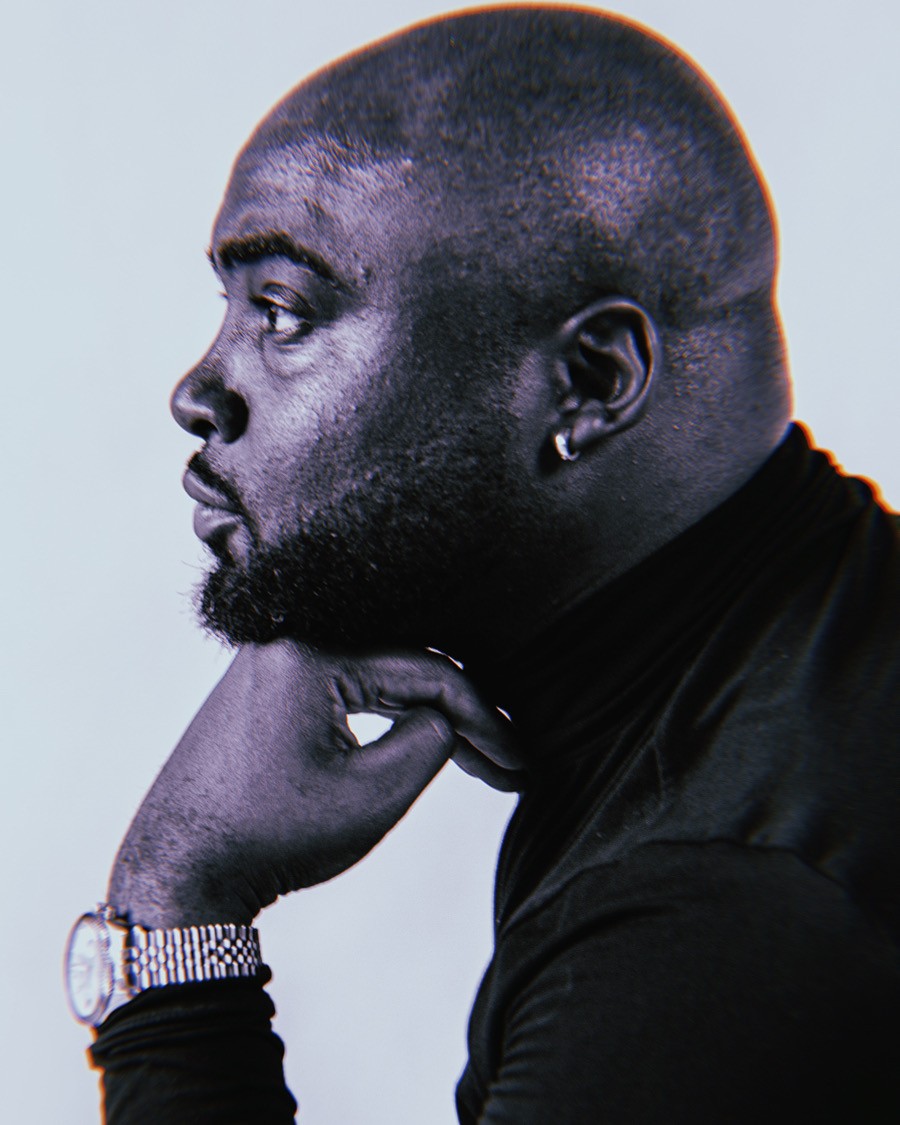
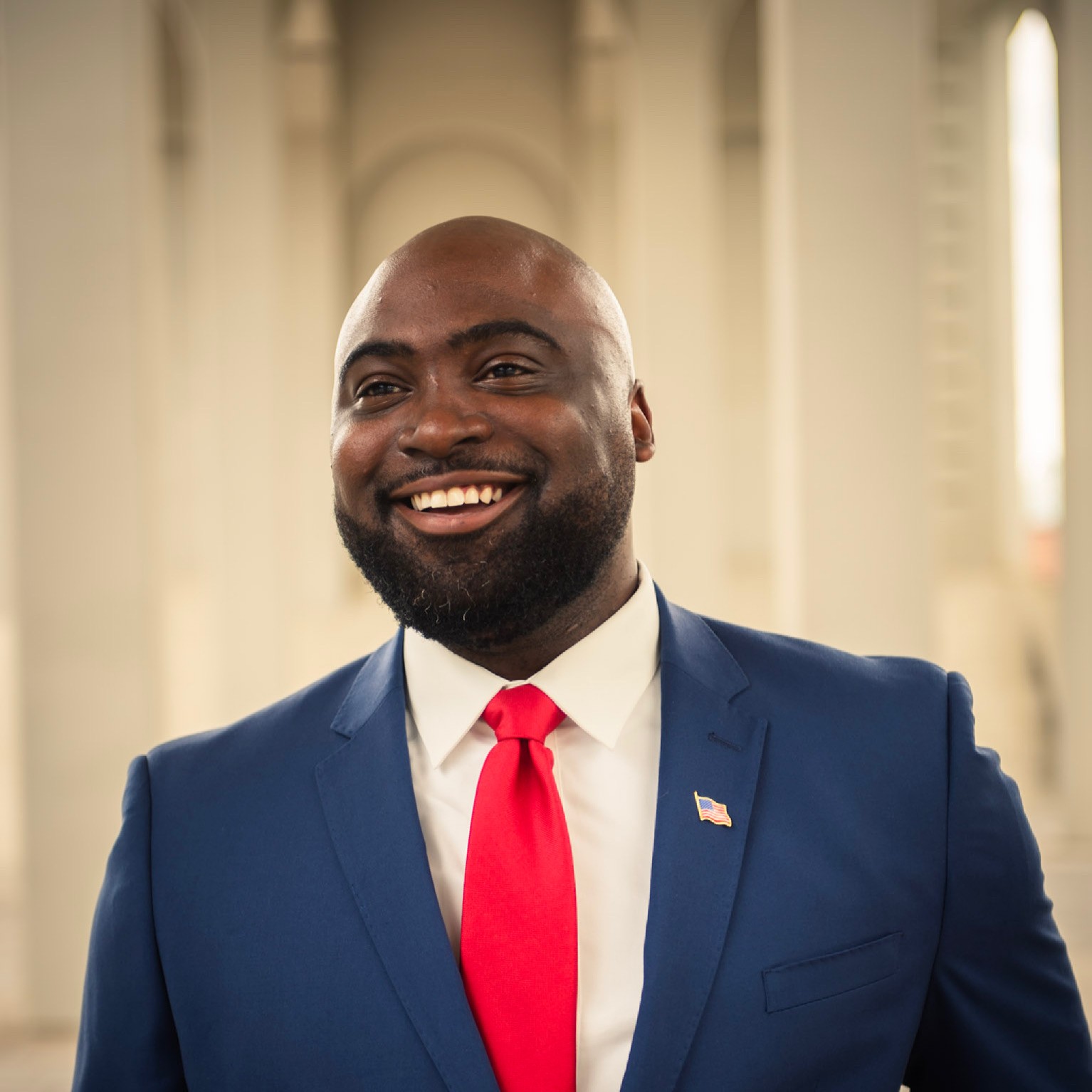
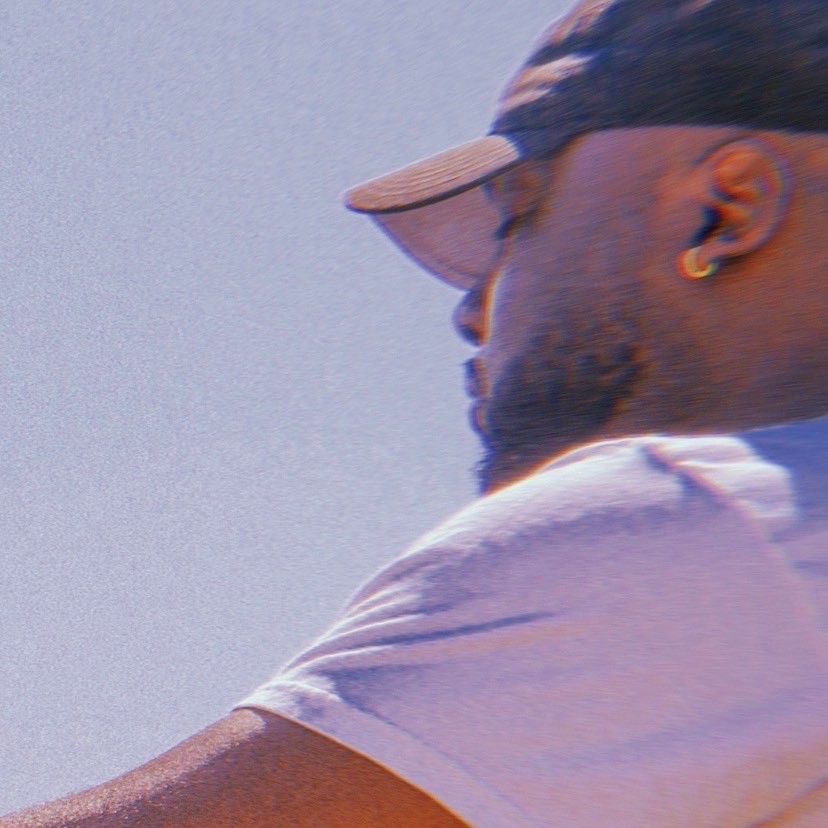
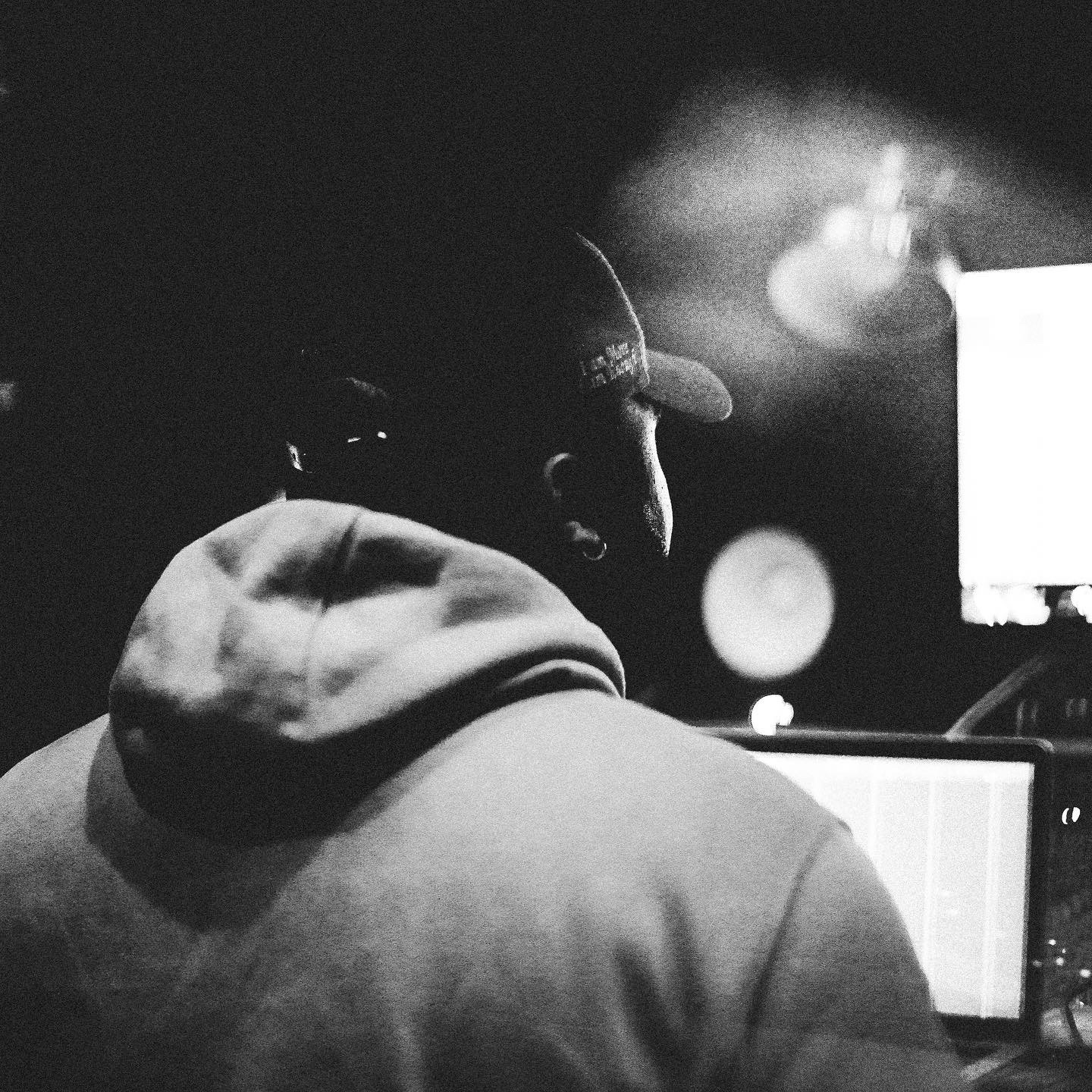
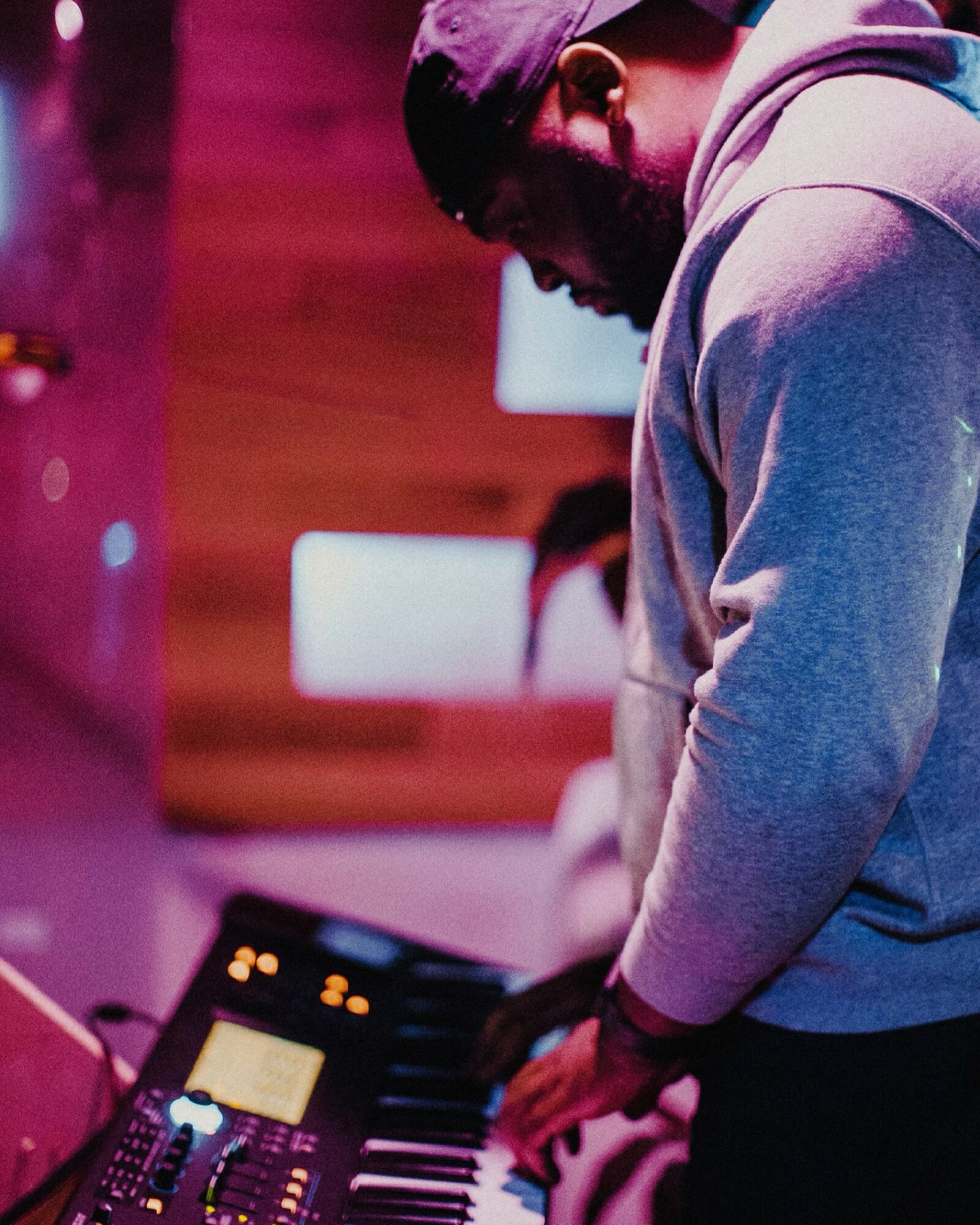
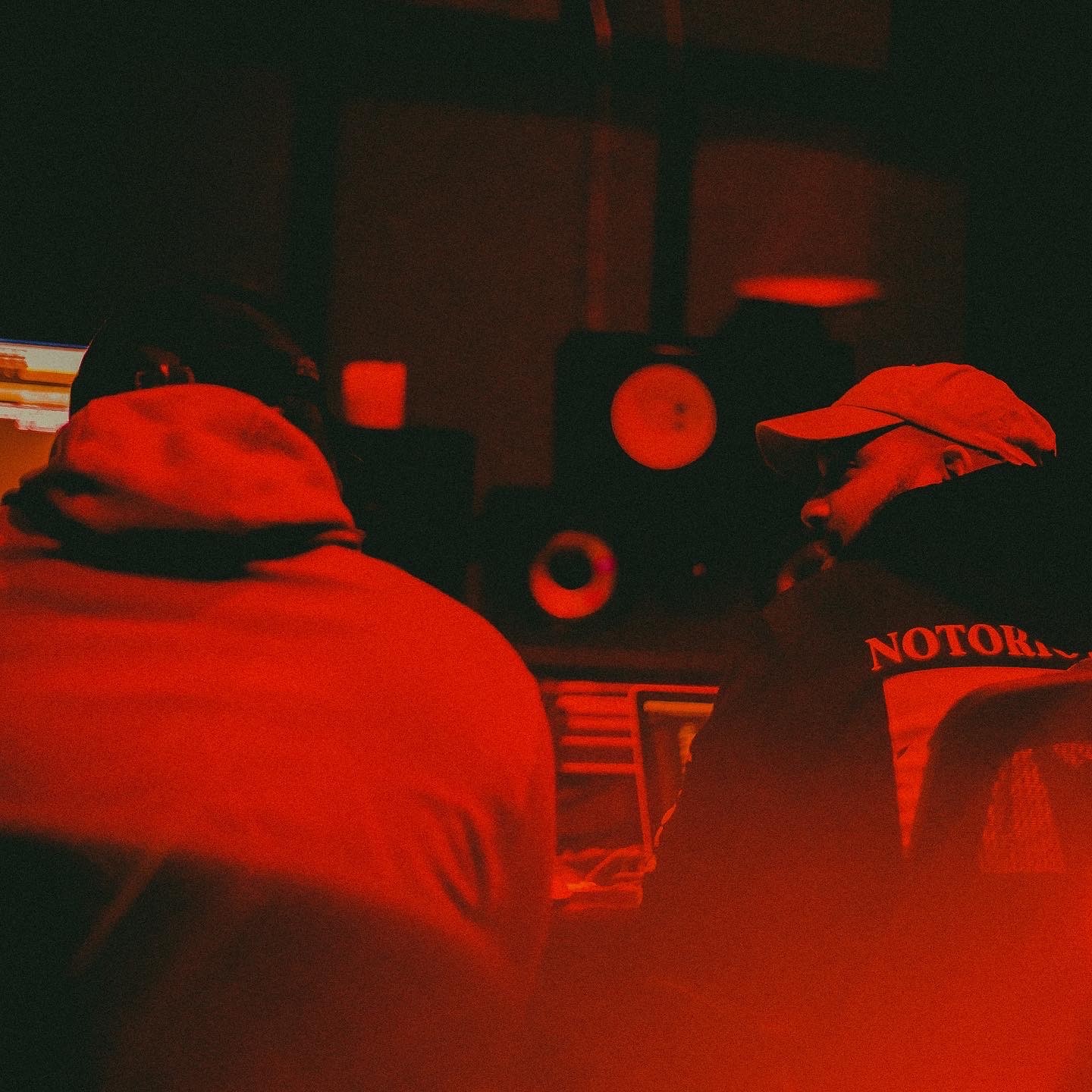
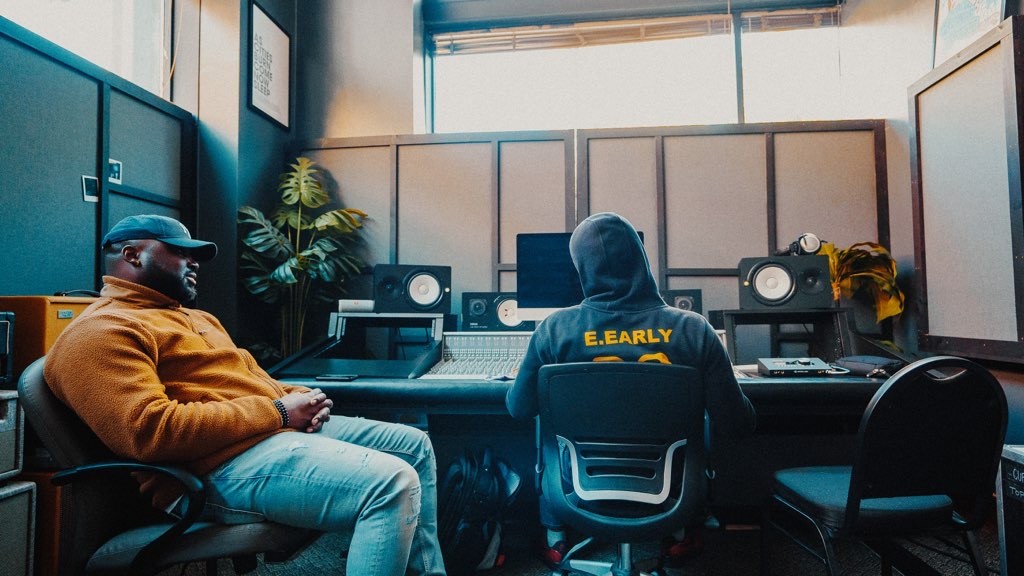 Image Credits
Image Credits
@kessler_cuffman @djdwhit901 John Adams













